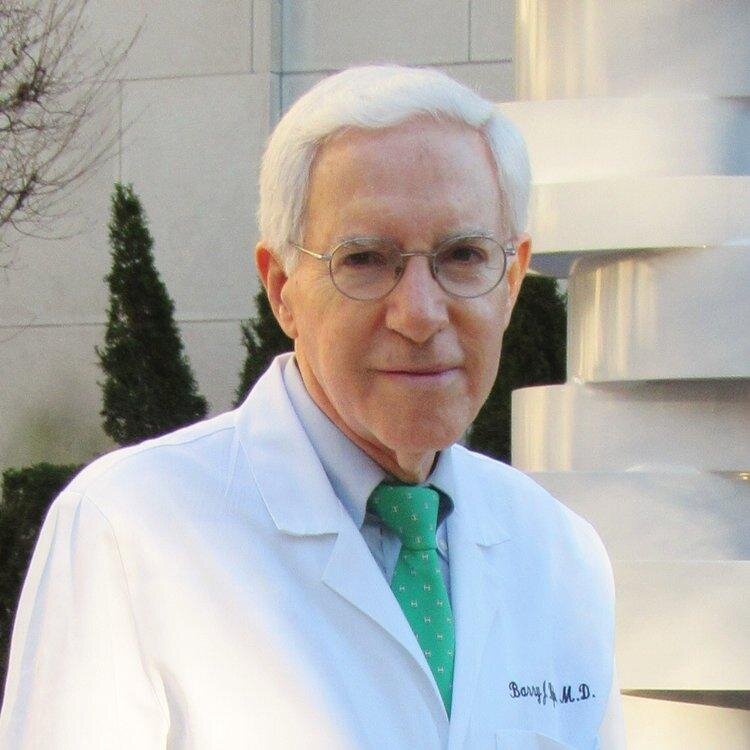Thyroid Nodule Specialist NYC
One of Dr. Klyde’s specialties is Thyroid Nodules. He works with patients all over the NYC and Tri-State area in helping them manage this condition. If you’re looking for a board-certified, caring, and awarded doctor, please give us a call today to book an appointment.
Thyroid Nodules
General
A Thyroid Nodule is an unusual growth (lump) of thyroid cells in the thyroid gland. Cancer is the biggest concern when thyroid nodules form, and fortunately it is rare occurring in less than 5 percent of all nodules. Nodules develop more often in people who have a family history of nodules, and in people who are low in iodine consumption.
The most frequent thyroid cancer is papillary carcinoma, which grows slowly and most often metastasizes locally. There is a high cure rate if it is found early and surgically removed and treated with radioactive iodine therapy if appropriate. Next most frequent is follicular carcinoma, which more often spreads distantly with a lower cure rate. Medullary carcinoma is rare, often runs in families, and is difficult to cure. Anaplastic carcinoma is the most aggressive thyroid cancer, and responds poorly to therapy.
Symptoms
A thyroid nodule may be found by patients when they see a neck swelling when they look in the mirror, or when the swelling is felt while washing the neck. The nodule may come to attention because of neck pressure or discomfort when swallowing. Very often the nodule is asymptomatic, and is found during an imaging procedure for another problem, such as a neck sonogram to look for carotid artery disease in the neck, or an MRI to look for pressure on nerves from a herniated disc or arthritis in the cervical spine.
Diagnosis
Thyroid nodules are very frequent, and most of them are benign. Features that suggest malignancy include rapid growth with pressure symptoms, and characteristic features on sonogram. A past history of radiation therapy or significant radiation exposure to the neck increases the chance of forming thyroid nodules, and increases the likelihood that the nodule is malignant. Nodules should be evaluated with imaging, and with a fine needle biopsy if there is concern.
Treatment
Observation: If the thyroid isn’t cancerous, and is not producing symptoms, then a prudent course of action would be to monitor the condition with regular physical examination, blood tests, and sonograms.
Thyroid Hormone: Medication may be appropriate in certain circumstances.
Surgery: Surgery would be required if the nodule is cancerous. Surgery may be recommended even if the biopsy does not show cancer, but the nodule is enlarging and causing pressure symptoms.

